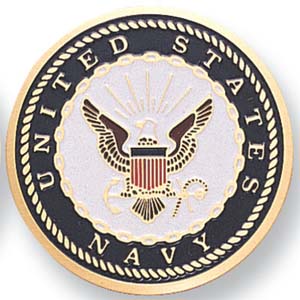Caribbean marine security eyed by U.S. Navy
 According to official reports, the U. S. Navy has begun extensive naval exercises in the Caribbean to train local forces into marine security issues in response to recent developments in international waters, particularly piracy in East Africa and Latin American countries' buildup of coastal defenses.
According to official reports, the U. S. Navy has begun extensive naval exercises in the Caribbean to train local forces into marine security issues in response to recent developments in international waters, particularly piracy in East Africa and Latin American countries' buildup of coastal defenses.
Part of the exercise involves deployment of Military Sealift Command rescue and salvage ship USNS Grasp, HSV 2 Swift, a Mobile Diving Salvage Unit and training of divers from the region.
It was also reported that the monthlong exercises are to continue to late June and will take U. S. forces and collaborators to Antigua and Barbuda, Barbados, Grenada, the Commonwealth of Dominica, St. Kitts and Nevis, St. Lucia and St. Vincent and the Grenadines.
The exercises are part of a 5-month naval deployment throughout the Caribbean and Central and South America called High Speed Vessel-Southern Partnership Station.
The Southern Command said in a news release that HSV-SPS aims to strengthen regional partnerships and maritime security through training and subject matter exchanges.
The Southern Command said, "The High Speed Vessel-2 Swift, one of the world's most advanced naval vessels, is the deployment's platform and is transporting U. S. military training teams to conduct maritime training with regional civil and maritime services from 10 countries."
Independent of the U. S. exercises Latin American countries announced plans earlier for modernization of naval and river craft and facilities used in immigration control and combating drug crimes. Brazil launched a multibillion-dollar plan to beef up its coastal defenses to protection offshore hydrocarbon resources.
The command further said that HSV Swift will make a variety of port visits to make U. S. naval expertise available to host nations' maritime services.
The statement also said, "Security is the foundation for stable, prosperous and democratic institutions. HSV-SPS 10 provides opportunities for the participating nations to come together and join efforts to enhance regional maritime security." (With Inputs from Agencies)